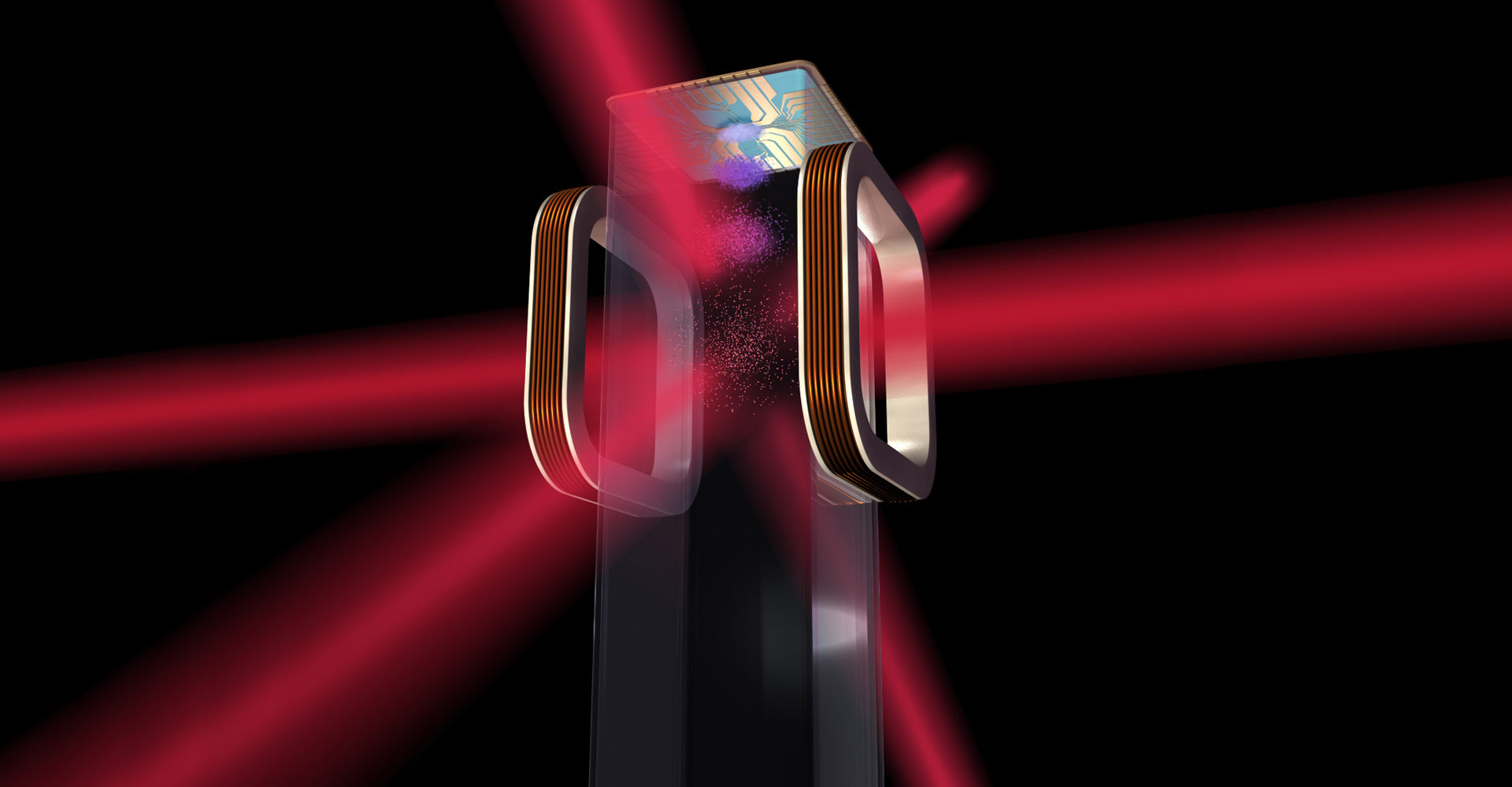"Informed AI News" is an publications aggregation platform, ensuring you only gain the most valuable information, to eliminate information asymmetry and break through the limits of information cocoons. Find out more >>
NASA's Cold Atom Lab Advances Quantum Space Science
- summary
- score

NASA's Cold Atom Lab on the International Space Station employs quantum technology to explore space science. It investigates gravity, dark matter, and dark energy, and tests Einstein's theory of relativity in microgravity.
The lab, a pioneering installation on the ISS, utilizes a tool known as an atom interferometer. This device measures gravity and other forces with high precision, essential for understanding the fundamentals of gravity and enhancing navigation technology.
In space, these measurements can unveil the composition of planets and satellites. They can also monitor the movement of water and ice on Earth. The lab's discoveries could illuminate the nature of dark matter and dark energy, enigmatic forces in the universe.
The Cold Atom Lab cools atoms to near absolute zero, producing a state known as Bose-Einstein condensate. This state enables atoms to display quantum behaviors on a larger scale, facilitating their study.
In microgravity, these quantum states persist longer, providing scientists with extended research opportunities. The lab's endeavors could result in new quantum technologies and a more profound understanding of the universe's fundamental particles.
| Scores | Value | Explanation |
|---|---|---|
| Objectivity | 7 | Balanced reporting with comprehensive analysis. |
| Social Impact | 4 | Influences public opinion on space science. |
| Credibility | 6 | Verified by multiple authoritative sources. |
| Potential | 6 | Could lead to significant scientific discoveries. |
| Practicality | 5 | Directly applicable to real scientific problems. |
| Entertainment Value | 3 | Attracts a niche audience interested in science. |